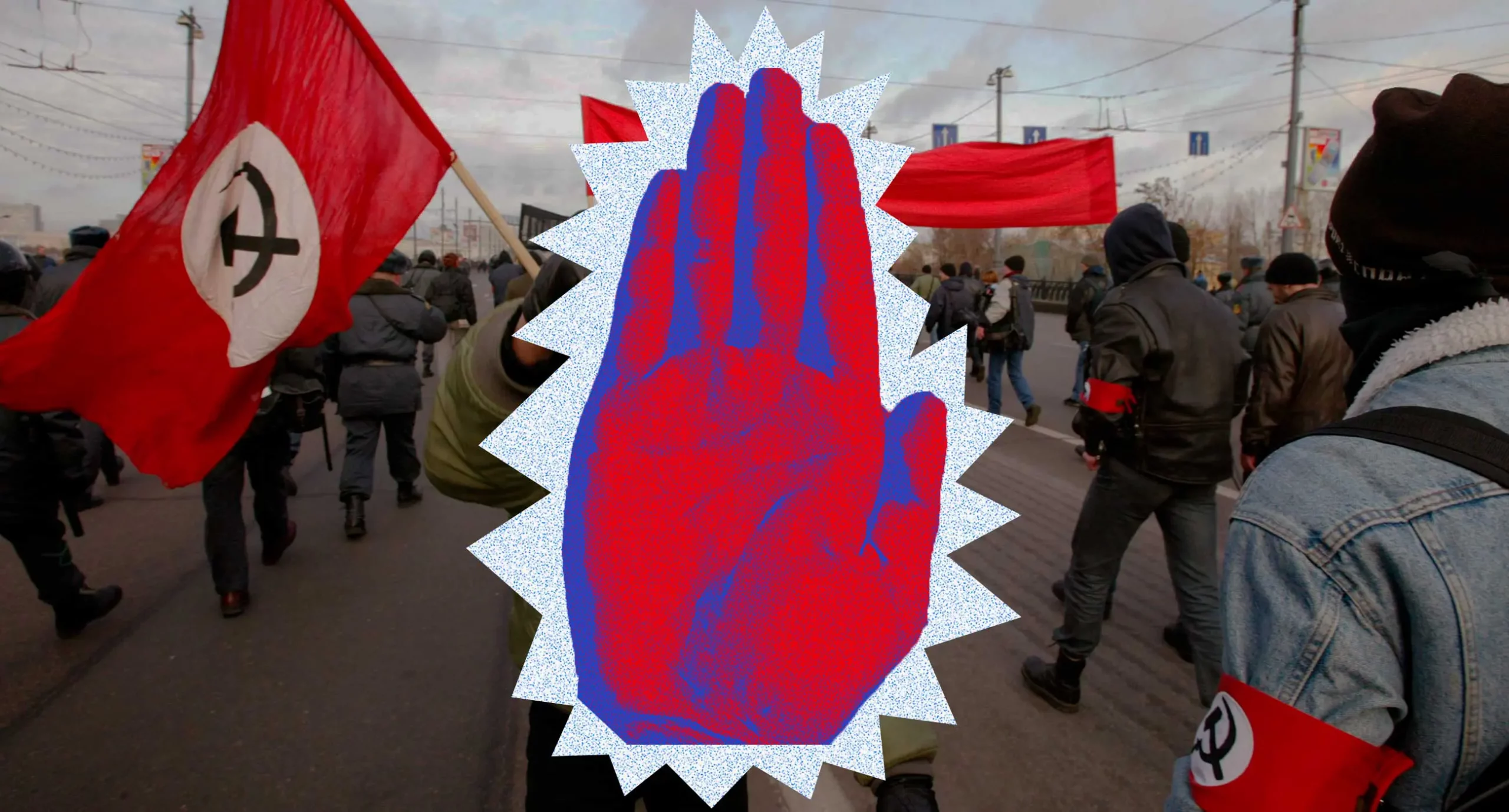Eurasianism is a complex and multifaceted ideology that has evolved over time. It is a political and cultural movement that promotes the integration of Europe and Asia, often centered around Russia. This ideology has its roots in the 19th century and has been influenced by various philosophical and political currents, including Russian nationalism, pan-Slavism, and traditional Eurasian philosophies.
Core Tenets of Eurasianism
At its core, Eurasianism is based on the following key tenets:
- Geopolitical Union: Eurasianists envision a powerful Eurasian bloc that can challenge the dominance of the West. They believe that Russia, as a bridge between Europe and Asia, is uniquely positioned to lead this union.
- Cultural and Spiritual Unity: Eurasianists emphasize the shared cultural and spiritual heritage of Europe and Asia. They argue that this common heritage, particularly the Orthodox Christian tradition, can form the basis for a new Eurasian civilization.
- Economic Integration: Eurasianists advocate for economic integration between European and Asian countries. They believe that such integration can boost economic growth and create a more prosperous and powerful Eurasian bloc.
- Anti-Westernism: Many Eurasianists are critical of Western values and institutions, arguing that they are incompatible with traditional Russian and Eurasian values. They often view the West as a source of moral decay and cultural decline.
Historical Roots
The roots of Eurasianism can be traced back to the 19th century, with thinkers like Nikolai Danilevsky and Lev Gumilev. However, it was in the early 20th century that Eurasianism gained significant popularity, particularly among Russian intellectuals who were disillusioned with Westernization and sought a unique path for Russia.
Eurasianism in the 21st Century
In recent years, Eurasianism has experienced a resurgence in Russia. The ideology has been embraced by various political and intellectual circles, including the Russian Orthodox Church. The Kremlin has used Eurasianist ideas to justify its foreign policy, particularly its efforts to integrate former Soviet republics into a Eurasian economic union.
However, Eurasianism faces significant challenges. The diversity of cultures, religions, and political systems within the Eurasian region makes it difficult to create a unified bloc. Additionally, economic disparities and geopolitical tensions between countries in the region can hinder efforts at integration.
Despite these challenges, Eurasianism remains a powerful and influential ideology. It continues to shape Russian foreign policy and has the potential to influence the future of the Eurasian continent.
Key Figures and Movements
- Nikolai Danilevsky: A 19th-century Russian thinker who developed the concept of Russification and emphasized the unique civilizational mission of Russia.
- Lev Gumilev: A 20th-century Soviet historian and philosopher who explored the concept of the Eurasian ethnos and the cyclical nature of history.
- Alexander Dugin: A contemporary Russian philosopher and political theorist who has been a prominent advocate of Eurasianism. He has promoted the idea of a multipolar world order, with Russia as a leading power.
Eurasianism continues to evolve and adapt to the changing geopolitical landscape. Its future will depend on a variety of factors, including the economic and political development of Russia and the other countries of the Eurasian region.

Leave a Reply